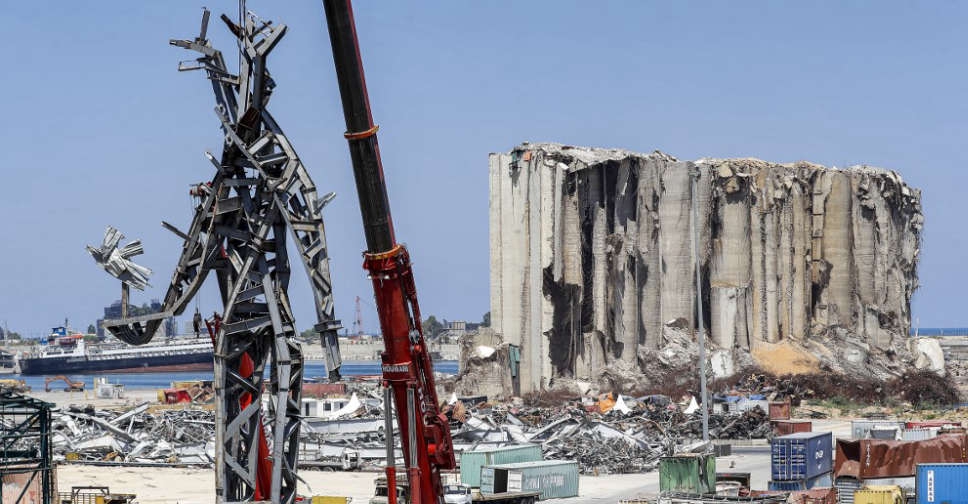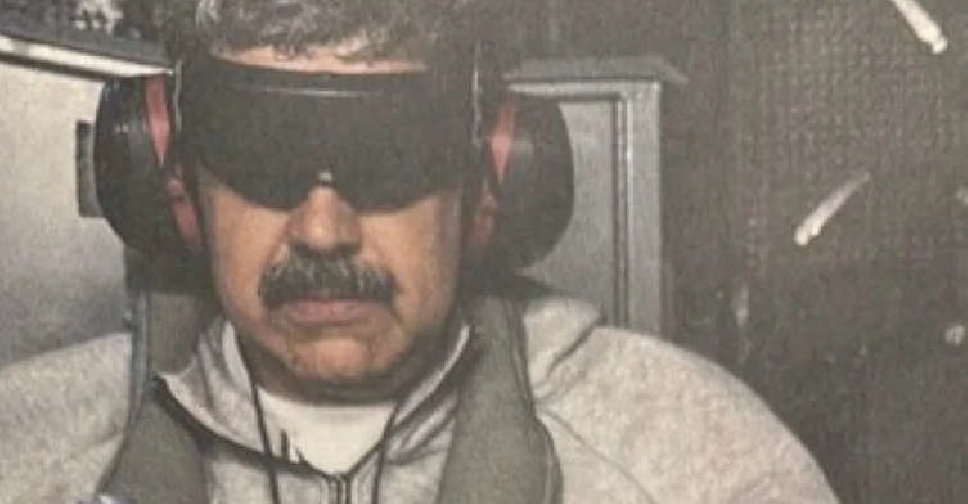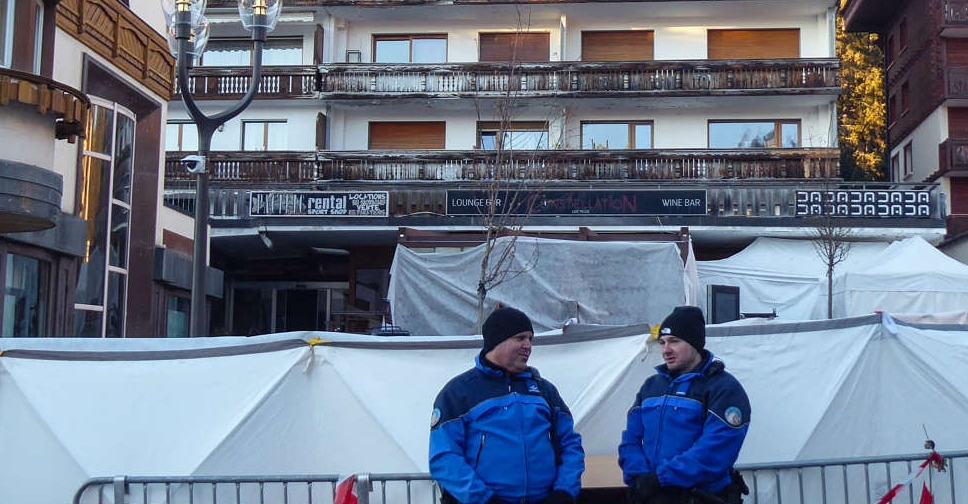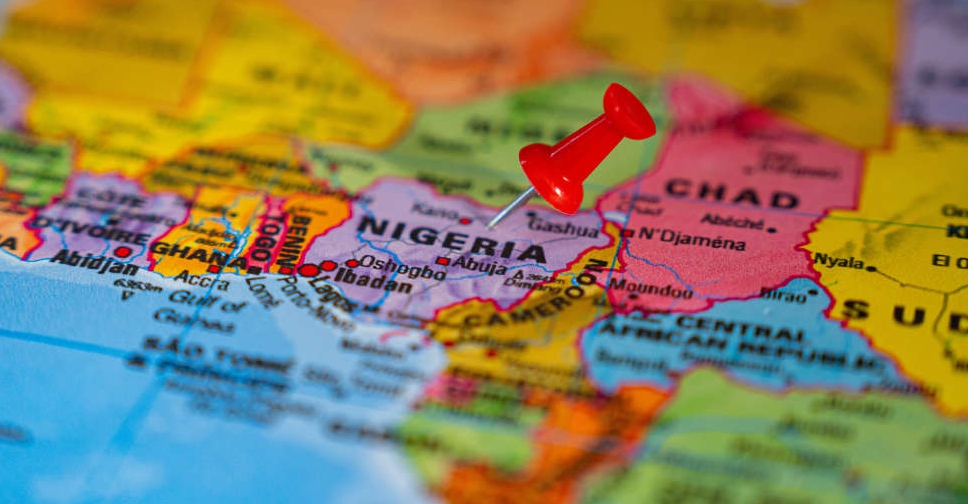
Lebanon marked the first anniversary of the catastrophic Beirut port explosion on Wednesday, with residents expressing anger and sadness in a city where many are still in mourning and demanding justice.
One year since the blast, caused by a huge quantity of ammonium nitrate stored unsafely at the port for years, no top official has been held to account, infuriating many Lebanese as their country suffers from crippling financial collapse.
The Lebanese investigation into the blast is stalling as requests to question senior politicians and former officials have been denied.
More than 200 people were killed and thousands more wounded in the blast. One of the biggest non-nuclear explosion ever recorded, it was felt in Cyprus, more than 240 km away.
Victims' families have been organising demonstrations demanding justice for those who lost their lives.
"The neighbourhood changed, the spirits changed, everything changed in this neighbourhood," 72-year-old Habib Frem, who was wounded in the blast and whose house was damaged, said on Wednesday, wearing black to mark the day.
The physical scars are still visible across much of Beirut, where parts of the port still resemble a bomb site.
A huge banner attached to a building overlooking the port said: "Hostages of a Murderous State".
Marches have been called for throughout the day, most converging on the port where prayers are expected to be held just after 6:00 pm (1500 GMT), coinciding with the time of the blast.
"We didn't forget yet, it is an hour of anger, sadness," Khose Khilichian, a resident of the Bourj Hammoud suburb of Beirut, said.
"My wife and I were at the balcony, and we just found ourselves in the middle of the living room. My house was all destroyed," he said, adding that he would mark the anniversary by going to pray for the victims.
"It's just a tragedy, there's nothing but tragedy. We unfortunately can't say anything else," 62-year-old Avedis Karamalian, said on his morning walk.
At the time of the blast, Lebanese were already facing deepening hardship due to the financial crisis caused by decades of state corruption and waste.
The meltdown worsened throughout the last year with the governing elite failing to form a new government to start tackling the problems even as poverty has soared and medicines and fuel have run out.
The sectarian elite have been locked in a power struggle over posts in a new cabinet to replace the government of Hassan Diab, who quit after the blast.
"We tell everyone without exception, our nation is in danger," Najib Mikati, a politician-businessman who was tasked last month with trying to form a cabinet, said in a statement marking what he called a "painful" anniversary.
The political deadlock has prevented essential reforms that could unlock much needed foreign aid.
On Wednesday, French President Emmanuel Macron will seek to raise more than $350 million in aid for Lebanon at a donors' conference.
France has led international efforts to lift its former colony out of crisis but its efforts have so far been in vain, failing so far to obtain commitments from politicians to agree a non-sectarian cabinet of specialists.
In an op-ed, senior officials from the UN, European Union and World Bank said the investigation continues to stall, "without a truly independent judiciary able to block political intervention".
"The country critically needs a government capable of managing the crisis, working together with a parliament to make progress on reforms," they wrote.




 Venezuela's Maduro in custody, Trump says US will run the country
Venezuela's Maduro in custody, Trump says US will run the country
 Numerous teenagers among the dead identified in Swiss bar blaze, police say
Numerous teenagers among the dead identified in Swiss bar blaze, police say
 South Korea's Lee begins China state visit after North fires missiles
South Korea's Lee begins China state visit after North fires missiles
 At least 25 dead, 14 missing in Nigeria boat accident, officials say
At least 25 dead, 14 missing in Nigeria boat accident, officials say
 Thousands stranded overnight as Italy's Bergamo airport halts flights
Thousands stranded overnight as Italy's Bergamo airport halts flights







